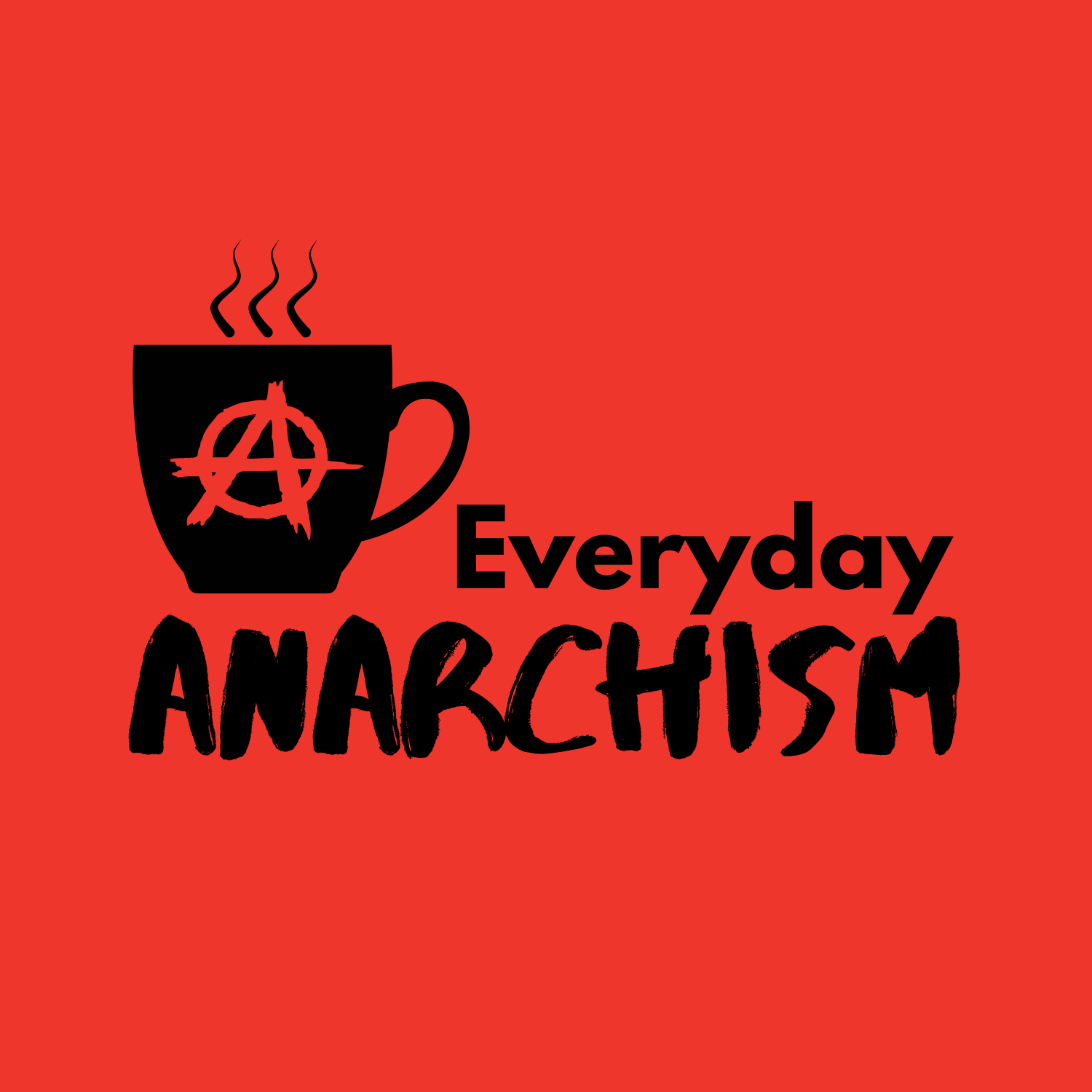

Everyday Anarchism
Graham Culbertson
The core idea of this podcast comes from David Graeber, who wrote that our everyday life is mostly run on anarchism, and at the same time people believe that anarchism doesn’t work. One of these is wrong.
I hope to illuminate how our communities already depend on Mutual Aid, in big and small ways. I'll do that by excavating the historical events and cultural trends you already know about, but have never thought about in terms of anarchism.
Find me at https://www.everydayanarchism.com
I hope to illuminate how our communities already depend on Mutual Aid, in big and small ways. I'll do that by excavating the historical events and cultural trends you already know about, but have never thought about in terms of anarchism.
Find me at https://www.everydayanarchism.com
Episodes
Mentioned books

Jan 29, 2025 • 1h 1min
142. Green Earth -- Kim Stanley Robinson
Kim Stanley Robinson returns to discuss his novel Green Earth, a technothriller about a near future world in which scientists work to solve the global climate crisis. Stan and I discuss how the book went from a trilogy to a single volume, its similarity to The Ministry for the Future, and its place in the genre of naturalism. Plus Emerson and Thoreau!And yes, I get the title of The Ministry for the Future wrong every time I say it in this episode. Oops.

Nov 27, 2024 • 52min
141. A New Model for Food and Politics -- Mark Bittman
Mark Bittman, a renowned food writer and journalist, shares his vision for nonprofit restaurants with Community Kitchen, emphasizing community roots. He passionately discusses the health concerns surrounding seed oils and critiques political narratives in food politics. Bittman highlights urgent crises in the food system, advocating for grassroots activism and fair access to nutritious food. He reflects on historical injustices in food production, urging reforms to address the legacies of exploitation and strive for systemic change.

14 snips
Nov 14, 2024 • 1h 13min
140. Graeber's Hidden Truth of the World -- Shawn from SRSLY Wrong
Shawn Vulliez from SRSLY Wrong joins to explore David Graeber's bold essays challenging conventional economic wisdom. They unpack the tyranny of economics and Graeber's influence on dissenting voices, especially in movements like Occupy. The duo critiques the disconnect between economic narratives and real struggles faced by the working class. They also ponder the absurdity of linking cultural events to economics and advocate for radical shifts like a four-hour workday to empower communities. The discussion is a refreshing call to rethink society's values against the backdrop of pressing political and climate issues.

Nov 6, 2024 • 54min
139. Hill's The World Turned Upside Down -- Ann Hughes (English Revolution)
A spectre is haunting the Everyday Anarchism series on the English revolution: the spectre of Christopher Hill's 1972 book The World Turned Upside Down. It turns out most of the ideas I've shared in this series came from Hill's book!Ann Hughes joins me to discuss the book, and we talk through the following questions:Did Hill invent the idea of the English revolution?How did the radicalism of the 1960s affect Hill's approach?Was Winstanley an anarchist?Was the English Revolution the beginning of modernity?Thanks so much to Ann and all the other guests in this year-long series, now (probably) concluded!

Oct 30, 2024 • 1h 3min
138. Debt Discussion 10, Debt in the Middle Ages with Eleanor Janega
Eleanor Janega, the very first guest on the Graeber's Debt series, comes back on the show to discuss what the middle ages were, how they were a global phenomenon, and why they weren't as bad as you've heard

Oct 23, 2024 • 1h
137. Mao and Anarchism -- Karl Gerth
I'm joined by Karl Gerth, professor of modern Chinese history at the University of California, San Diego, to discuss the Chinese Communist Revolution and how Maoism attempted to avoid the mistakes of the USSR and yet largely repeated them.

Oct 16, 2024 • 50min
136. Graeber's Debt Chapter 10: The Middle Ages
In Graeber's middle ages, empires fell apart while temples and monasteries kept everything together with metaphysical debt. Oh, and Europe isn't very important.Eleanor Janega returns later this month to discuss the chapter in the next Debt discussion!

Oct 2, 2024 • 35min
135. Graeber's Debt Chapter 9: The Axial Age
Following on my discussion with John Weisweiler, more detail on Graeber's account of the Axial Age

Sep 18, 2024 • 54min
134. Debt Discussion 9, the Axial Age with John Weisweiler
In this episode in my series on Graeber's Debt, I'm joined by John Weisweiler to discuss Chapter 9, "The Axial Age." John and I discuss Graeber's insights into the relationship between money, debt, and community, and the way that Graeber often got the ideas right even before the archaelogical record had gotten there.

Sep 10, 2024 • 57min
133. 3rd Anniversary Episode! -- Ruth Kinna
Ruth Kinna comes back on the show to celebrate 3 years of Everyday Anarchism. We talk about the relationship between anarchism and protest, and where everyday anarchism fits with capital-A Anarchism. Plus Occupy!


